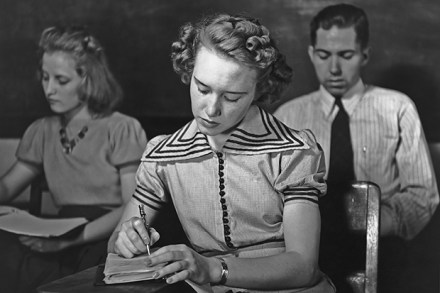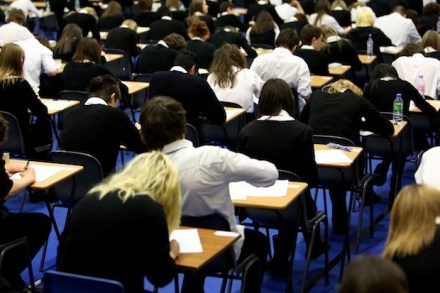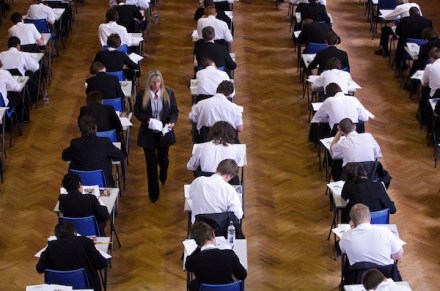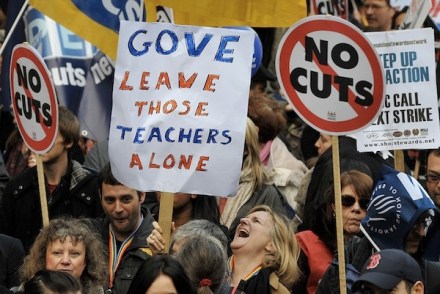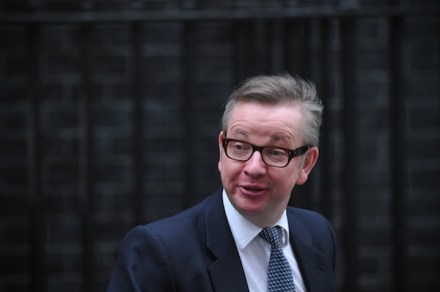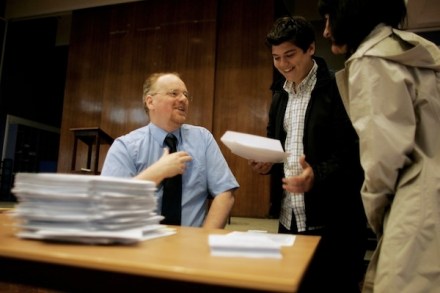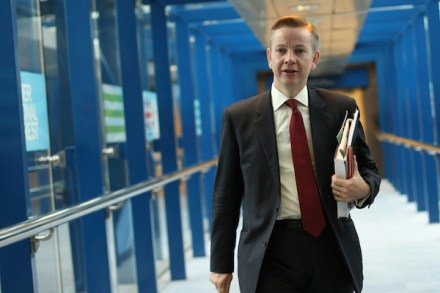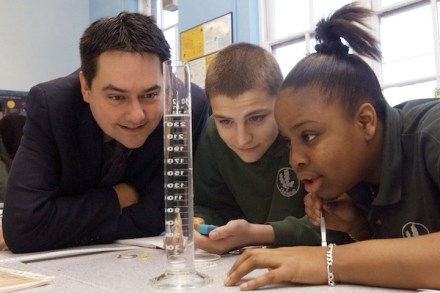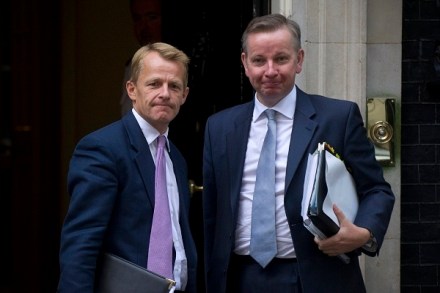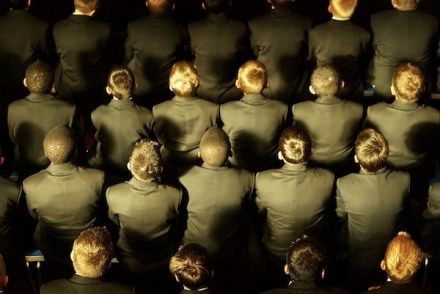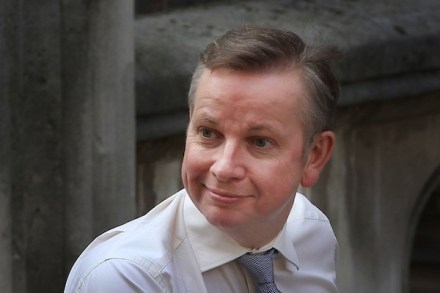Now more than ever the ‘I’ in IGCSE is for ‘independent’
I always thought that rugby was invented so that there was no chance of public schoolboys having to meet grotty kids from football-playing state schools on the playing fields. But until recently all children, whether in the state or independent sector, did at least take the same exams. Until, that is, there emerged a great divide between GCSE and IGCSE. In January, Education Secretary Nicky Morgan confirmed that international GCSEs, or IGCSEs, will no longer be counted in school performance tables once the first reformed GCSEs start to be taken in 2017. The new courses, like IGCSEs, will be examined at the end of the course, not in modular instalments.
